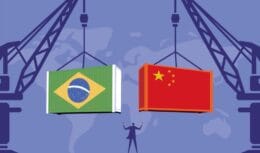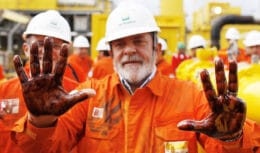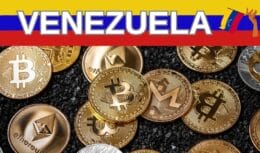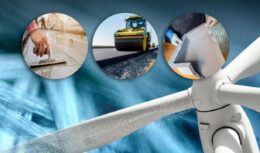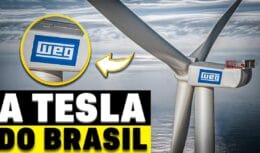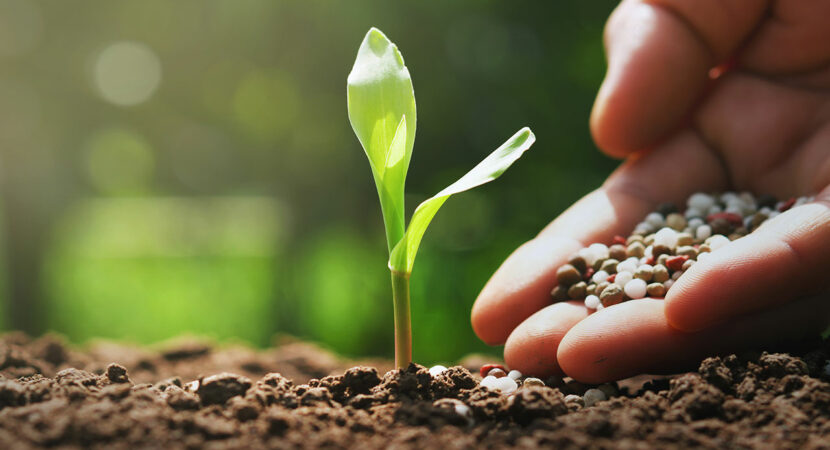
Involvement in conflict by Russia, supplier of more than 20% of fertilizers in Brazil, worries Embrapa about the economy of this sector
In addition to generating widespread tension in Eastern Europe, the War in Ukraine significantly affects the economy of Brazil and the world. In the fertilizer market, this was no different. Given this, the Brazilian Agricultural Research Corporation (Embrapa) will create a technical support caravan aimed at rural producers. The goal of this measure is to increase the efficiency in the use of fertilizers from 60% to 70% and save US$ 1 billion in the use of products in the next harvest
Read also
- Why does Petrobras no longer produce fertilizers in Brazil, becoming dependent on imports from Russia?;
- Brazil may stop being dependent on fertilizers from Russia with a plan announced by the Ministry of Agriculture;
- Years after negotiations began, Petrobras sells a fertilizer factory in Mato Grosso do Sul to a Russian company.
The president of Embrapa, Celso Moretti, confirmed the information to the CNN Brazil channel and explained the measure: “To apply fertilizer, first you need to do a soil analysis to see what's missing and that doesn't always happen. We are going to provide all these technical guidelines in the main producing regions of Brazil”. According to Moretti, this attitude was the means found by Embrapa to act quickly in relation to the conflict between Russia and Ukraine.
Called FertBrasil, the caravan emerged from an initiative implemented between 2013 and 2014, due to a plague that contaminated cotton and soy chains through the Cerrado. The caravan is expected to start with the disclosure of a national fertilizer plan by the Federal Government. Also in an interview with CNN, Tereza Cristina, Minister of Agriculture, Livestock and Supply, said that the launch will take place by March 17.
As the president of Embrapa says, the country's agricultural production provides food for 800 million people around the world, however, it consumes 8,5% of the fertilizer market. Thus, Brazil ranks fourth in the use of these products, behind the USA, China and India.
Moretti stressed that, last year, Brazil imported 85% of fertilizers, equivalent to approximately 43 million tons. 73% of this total is used in sugarcane, soy and corn plantations.
Russia is the main source of fertilizers for Brazil, responsible for more than 20% of imports. One of the most requested elements is potassium, which half of imports are also from Russia and Belarus.
weakening of dependency
Embrapa plans to reduce Brazil's dependence on the foreign market, aiming to reduce demand for fertilizer imports by 25% by 2030. Celso Moretti reiterates that it is impossible to change drastically in a short period of time.
The research organization has five fronts of action: biofertilizers, organominerals, nanostructured fertilizers, precision agriculture and soil conditioners with rock dust.
Among the biofertilizers, there is one that has two bacteria that act on phosphorus in the soil, one moving the element more and the other generating impacts on plant roots. Using this technology, Brazil increased from 300 hectares to 3 million hectares in the 2021/2022 harvest.
In the case of organominerals, a mineral fertilizer is mixed with organic sources such as animal manure.
Os nanostructured act with a moderate release of substances essential to plants, while precision agriculture acts with a detailed survey of rural property issues that need less or more fertilizers.
Already “rocking”, is a front that is still in the process of being studied, and should present results in two years.
The president of Embrapa emphasizes the relevance of agribusiness, which corresponds to 26% of the country's GDP. For him, uniting research and technology it is possible to reduce international dependence and reduce costs.
In this sense, technology was responsible for helping Brazil to save BRL 28 billion in 2021, and for avoiding the use of nitrogen from petroleum, which prevented the emission of 100 million tons of CO2.
Regarding the consequences of the conflict in Europe on national production, Moretti believes that they will be more intense after the summer harvest, which starts planting in October, if the attacks continue. “It is difficult to make any predictions. This will depend on the extent of the conflict,” he says.
Looking for other suppliers to replace Russia and Belarus, such as Canada, Iran and Qatar, the Government puts “fertilizer diplomacy” into practice.
To learn more, watch the CNN video below:

